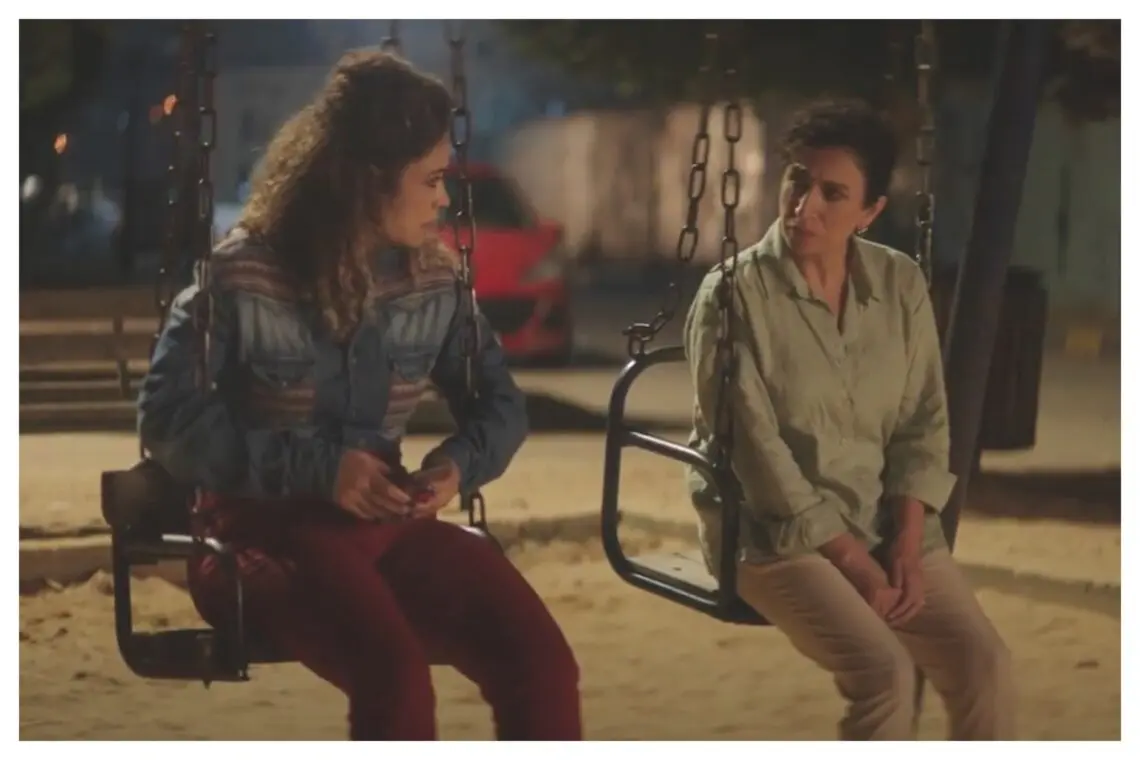Filmmakers in turmoil: Creative resilience in the Middle East
As conflicts intensify in the Middle East and North Africa, filmmakers are facing unprecedented challenges, from Palestine to Yemen and Sudan. The local creative community has shown remarkable solidarity, striving to continue producing films despite the volatile environment. Yet, producers and directors grapple with a highly politicized international scene that threatens the industry’s future growth.
Navigating a precarious landscape
“We are in a very scary situation right now and we don’t know when it will end,” said one prominent film producer. The complexities of local productions, combined with the hesitation of non-Arab productions to engage in the region, make filmmaking more challenging than ever.
Opening doors amidst conflict
Despite the turmoil, there have been significant breakthroughs. The drama Goodbye, Julia, the first-ever Sudanese film featured in the Cannes Film Festival’s Official Selection, exemplifies this. However, after initial success, Sudanese filmmakers now find it nearly impossible to shoot due to the ensuing civil war. “There were many hot projects coming out of Sudan, and now it’s impossible to shoot in the country,” the producer lamented.
The golden age of Arab film?
While some believe we are in the “Golden Age” of Arab cinema, the keys to sustained success lie in stability, talent, and passion. As one industry leader noted, “Talent, budget, and passion are crucial, but stability is indispensable.”
Creative solutions and adaptations
Struggling to complete projects, filmmakers increasingly turn to neighboring countries for collaboration. One prominent film producer shared his experience of moving a Sudanese project to Egypt due to the war. “This is just one example where people come together to find solutions. Necessity is the mother of invention. You can’t stop telling stories, so we adapt.”
Coping with logistical hurdles
Recent projects have faced significant obstacles, including Cherien Dabis’s All That’s Left of You, which had to relocate production, incurring higher costs. Challenges like these illustrate the resilience and resourcefulness of filmmakers in navigating financial and logistical hurdles.
The Palestinian perspective
Palestinian filmmakers also face unique struggles. One filmmaker’s regional premiere at the El Gouna Film Festival highlighted these difficulties. “I’m adapting my stories to the new reality. Collaborating internationally has become increasingly challenging, especially with ongoing tensions. It feels like a whole new world.”
Festival journeys in troubled times
Traveling to festivals poses another set of challenges. The filmmaker noted, “The smallest decisions become incredibly hard. Presenting myself, even thinking about makeup for festivals feels wrong. It’s a tough balancing act.”
Shifting collaborations
The politicization of regional conflicts has made European co-productions — once common in the Middle East and North Africa — less viable. Industry leaders now look towards local partnerships to sustain filmmaking efforts. “Independent filmmaking has relied on European co-productions, but with the current political climate, there’s concern over potential censorship.”
Documenting reality amidst censorship fears
Amidst these concerns, filmmakers emphasize the importance of documenting ongoing conflicts. “Our work is not just storytelling; it’s documenting reality, something that will live on forever,” one film producer stressed.
The festivals’ pivotal role
With major festivals wary of programming films about current conflicts and distributors becoming increasingly cautious, festivals have become lifelines for these films. Platforms like El Gouna, Marrakech, and Cairo are crucial in giving life to politically sensitive films. “It’s tough to get distribution today, but festivals can keep these films alive,” noted another key figure in the industry.
Hope in resistance
Despite the challenges, there is hope that resistance will create opportunities. “Maybe new platforms will emerge specifically for these films because there is a growing hunger for knowledge beyond social media. Where there is a desire for understanding, there is a way,” another industry expert reflected.
In these turbulent times, the resilience and adaptability of filmmakers in the Middle East and North Africa stand as a testament to the indomitable spirit of storytelling. Follow us for more insights and updates on the evolving landscape of global cinema.

 Italian
Italian







